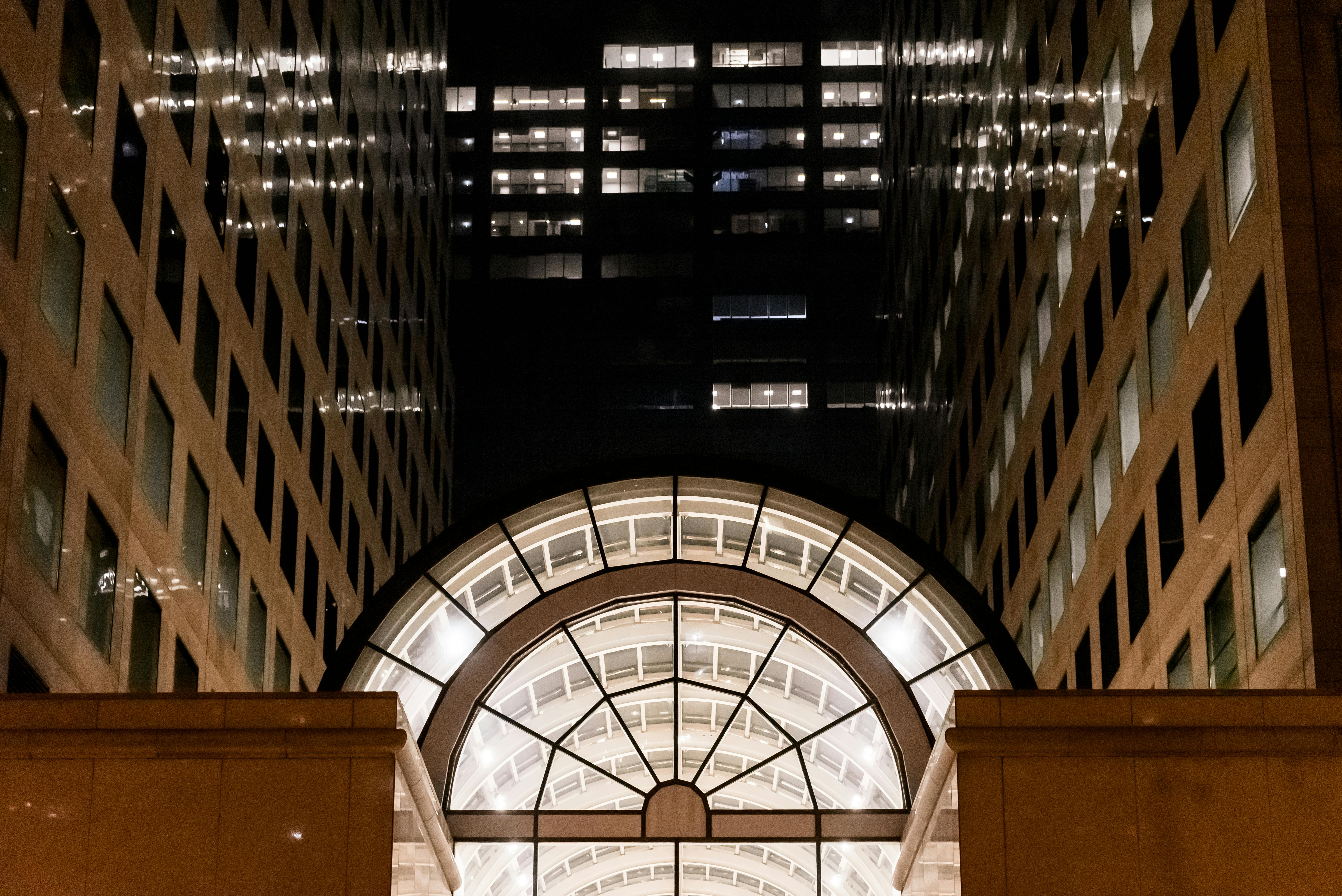Writing for EzineArticles brings me face to face with the realization of just how much technology has advanced in my own life, and that’s just so far! I was born in 1961, so I guess I’m halfway through my life. Oh yes, I intend to become a centenarian!
I remember the dawn of the computer age, before “home computers”; before video games; long before the internet! I specifically remember, when I was 16, attending a seminar given to all the kids my age in my hometown about how computers would revolutionize our lives. We were told that we could expect them to get things done much more quickly and easily that we should never expect to have full-time jobs, and that we should plan our careers on the basis that we would have plenty of free time to fill. Well, part of that vision came true. Computers do things very fast! BUT what happened to the “very easily” part? And where is all the free time that was supposed to wait?
The reality is that because technology allows us to do things faster, we simply do more. We pack more work into our lives instead of allowing rest and relaxation to fill the extra time. It seems that life has become more complicated and we experience more, not less, stress. And stress, we are so often told, is a major contributor to disease: some sources claim that up to 70% of all disease is related to stress in some way! (Although in reality meaningful statistics are still sketchy on this topic, there is clear evidence that work-related stress is on the rise.)
By enjoying technological hobbies (computer games, social networks, online chat), we move our bodies much less than we did a few decades ago. We are increasingly sedentary. And that, we’re told, is a major contributing factor to the rapidly rising incidence of overweight and obesity, which is reportedly reaching “epidemic” proportions and increasingly linked to serious diseases like diabetes, heart disease and cancer.
it’s not alone information technology that has advanced at a massive rate in the last 50 years or more. food Technology has revolutionized the way we eat. My formative years coincide with some of the earliest “prepared foods” – remember Vesta Curry Dried? Boiled fish in the bag, drizzled with prepared sauces? Angel Delight and other powdered desserts in foil packets? Take a walk through any modern supermarket today and you will see how much shelf space is taken up by manufactured/processed foods, products containing artificial ingredients, chemically modified foods: reduced fat, non-alcoholic, hydrogenated. Now, it emerges that processed foods are the unhealthiest options: In 2009, Which magazine demonized breakfast cereals, suggesting that they realistically belonged in the cookie or candy aisles due to their protein content. disproportionately high sugar; in 2012, Harvard University called manufactured low-fat foods dangerous and called for an end to the “low-fat myth”; in 2013, processed meats are gaining notoriety, recently reported as one of the main causes of serious illnesses.
Then there is progress in medical technology. I have certainly witnessed modern day miracles! Dr. Christian Barnard, who pioneered the first heart transplant in 1967; the birth of Louise Brown, the first “test tube” baby in 1978. Too many brilliant surgical advances to mention! But not all medical advances have been beneficial. We have also seen the rise of pharmaceuticals to prominence in modern healthcare. So many “wonder” drugs have let us down: think of thalidomide; HRT, initially hailed as a lifelong solution in women’s health, but intrinsically linked to breast cancer only a decade later; aspirin, an apparently benign pain reliever now known to have serious gastric consequences. This is just to name a few examples, but the lesson has not been learned. My heart sinks every time the media hails a new “miracle cure” or “wonder drug” – we continue to believe the hype with no real evidence. No doubt in a decade or so we will find out exactly why people over 50 SHOULD NOT take statins!
I am hopeful that in the second half of my life I will witness the resurgence of nature over technology: because now we have a chance to look back! That said, I don’t want to deny all the great achievements of the last few decades, and there have been many. But I do want us to learn from our technological mistakes, and there have been many. The biggest mistake we have made, and continue to make, is making our past achievements obsolete. A good example of this is the case of Hippocrates, who famously said “Let food be your medicine”. Doctors in many countries no longer take the Hippocratic Oath: they have rendered such wisdom obsolete!
Ironically, “RETRO” is all the rage right now! Small groups of people honor past achievements as a result of the retrospective. Vinyl records, on CD or MP3, enjoy a cult following. ’60s fashion, ’70s fashion, and ’80s fashion have all enjoyed their respective comebacks.
If our society can honor the arts of the recent past, what about the sciences? Do we have the courage to admit that natural bowel cleansing has an advantage over chemical laxatives, now known to cause irritation, inflammation and damage long-term intestinal health? Do we have the courage to promote “natural” therapies like acupuncture over remedies like NSAIDs, now linked to long-term, even irreversible, gastrointestinal damage? Do we have the courage to correct our eating habits to stop the growing obesity problem or diabetes epidemic or to prevent future health crises?
Retro Medicine’s mission aims to do just that: to honor traditional and natural therapies and all forms of medicine that, in hindsight, show that they DO work, and to challenge the unproven and for-profit aspects of modern medicine that dominate our current healthcare landscape. Someone once said “Hindsight is 20/20 vision.” Let us have the courage to trust what we can already see perfectly!



